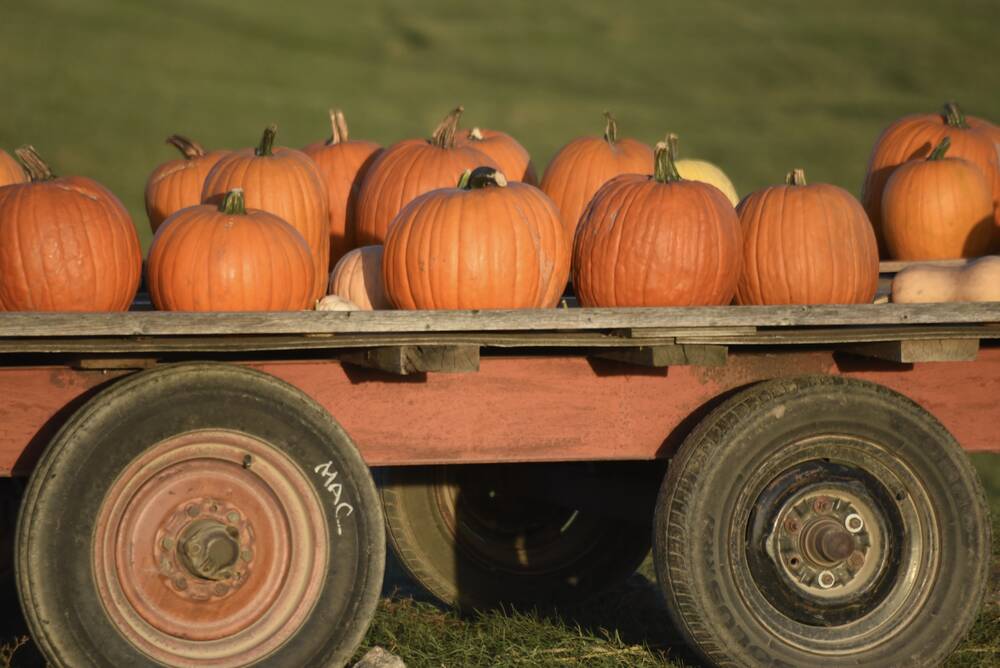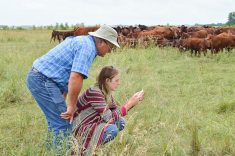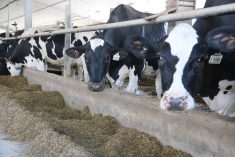“We need to tell our story.”
If you’ve attended a commodity group meeting any time in the last decade, you’ve probably heard some version of that sentence.
Agriculture sinks a lot of resources into outreach. We have entire organizations dedicated to it. Last year, Agriculture in the Classroom Manitoba reached 37,647 students in 459 schools, not counting the 2,000 teachers — a cross section of which would belong to the urban consumer base that industry wants to court.
Read Also

Bug farming has a scaling problem
Why hasn’t bug farming scaled despite huge investment and subsidies? A look at the technical, cost and market realities behind its struggle.
When industry bigwigs took the stage to discuss regulatory reform at September’s Protein Industries Canada conference, as our Janelle Rudolph recently reported, the need for better public awareness was a key talking point.
“When you get to a plant variety that’s going to help you do something in the ag sector, you’re so far removed from the public that their interest in understanding constructive technology is minimal,” said Ian Affleck, CropLife Canada’s vice-president of plant biotechnology.
He was speaking about the public image of gene editing, an avenue for plant breeding that most conventional agriculture is excited about, but which could be a victim of rhetoric in the public eye.
If you wanted to single out a season where the average Canadian pays attention to the farm, fall is hard to beat. Pumpkins, sunflowers, scarecrows and corn stalks suddenly appear in even the most urban spaces. Pumpkin patches and corn mazes are doing brisk business as people look to savour the last few nice weekends before the snow.
We all just had Thanksgiving, the only common holiday in North America where agriculture, in the concept of reaping the harvest, is central to celebrations.
People are actively looking for a taste of farm life, even if it is romanticized. They want to drink apple cider, pick a pumpkin and sit on bales in a hay wagon behind a couple of horses.
The rose-coloured glasses are thick, admittedly. Those activities bear little resemblance to the exhausted farmer who just walked into the house at midnight, covered in grease and crop dust.
Still, this is one of the few times of year when the word “harvest” really enters the urban lexicon.
So sure, they’re going to get the tourist version of farming. So what? They’ll still see the combines or the harrows on their drive out or get a whiff of manure. If they’ve got kids, or are just curious themselves, there will be questions that can open the door to conversations that agriculture is always saying it wants to facilitate.
Last November, I listened to Kristelle Harper talk about her pumpkin patch business during the Manitoba Forage and Grasslands Association regenerative agriculture conference. She was better known to me as a beef person. Her family, which runs Circle H Farms near Brandon, were national TESA winners, The Environmental Stewardship Award, in 2018, and she spent years as part of the team at Manitoba Beef and Forage Initiatives trying out novel management practices.
She never expected to get into agri-tourism, she told the room, but her farm near Brandon helped make the pumpkin patch successful and it allowed her, as a well-versed, educated champion of regenerative agriculture, to strike up conversations with customers.
This kind of outreach is baby steps. A visit to a corn maze is not likely to change anyone’s preconceived ideas of agriculture. But it’s exposure that helps foster the image of farmers as people, rather than distant, easily criticized food providers. It helps tell the story.
















